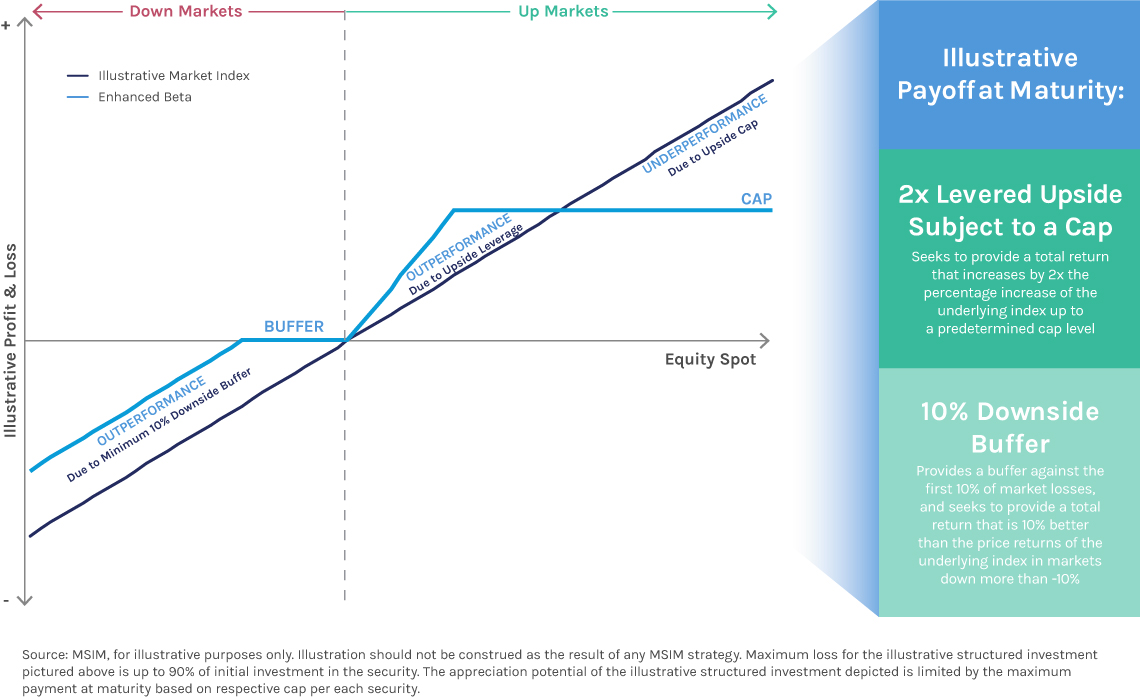4
There is no assurance that a strategy will achieve its investment objective. Portfolios are subject to market risk, which is the possibility that market values of portfolio securities will decline and that the value of underlying securities may therefore be less than what you paid for them. Market values can change daily due to economic and other events (such as natural disasters, epidemics and pandemics, terrorism, conflicts and social unrest) that affect markets generally, as well as those that affect particular regions, countries, industries, companies or governments. It is difficult to predict when events may occur, the effects they may have (e.g. adversely affect the liquidity of the portfolio), and the duration of those effects. Accordingly, you can lose money investing in this strategy. Please be aware that this strategy is subject to additional risks, including, but not limited to:
General Investment Risk: Investments may be speculative and include a high degree of risk. Investors could lose all or a substantial amount of their investment.
Investments can be highly volatile and may engage in leverage and other speculative investment practices, which can increase investment loss.
Fixed-income securities are subject to the ability of an issuer to make timely principal and interest payments (credit risk), changes in interest rates (interest-rate risk), the creditworthiness of the issuer and general market liquidity (market risk). Prices tend to be inversely affected by changes in interest rates. Longer-term securities may be more sensitive to interest rate changes.
Issuer Risk: The value of a security may decline for reasons related to the issuer, such as earnings stability, overall financial soundness, management performance and reduced demand for the issuer’s goods or services.
Diversification does not eliminate risk of loss. When comparing asset classes, keep in mind that each has differences and that all investments involve risks, including the possible loss of principal.
The risks of investing in the Strategy may be intensified because the Strategy’s investments may be concentrated in securities of a limited number of issuers. As a result, the performance of a particular investment or a small group of investments may affect the Strategy’s performance more than it would if the Strategy held securities of a larger number of issuers.
Derivative instruments can be illiquid, may disproportionately increase losses and may have a potentially large negative impact on the portfolio’s performance.
The strategy may invest in illiquid securities, which may be difficult for the strategy to sell at a reasonable price. There may be no secondary market and there may be restrictions on redemptions, assigning or otherwise transferring investments.
While the investment manager generally will seek to achieve, over a full market cycle, the level of volatility in the portfolio’s performance as described, there can be no guarantee that this will be achieved; actual or realized volatility for any particular period may be materially higher or lower depending on market conditions. In addition, the investment manager’s efforts to manage the portfolio’s volatility can be expected, in a period of generally positive equity market returns, to reduce the portfolio’s performance below what could be achieved without seeking to manage volatility and, thus, the portfolio would generally be expected to underperform market indices that do not seek to achieve a specified level of volatility.
Zero coupon securities are more sensitive to interest rate changes than comparable interest-paying securities.





